Gay conversion therapies continue to take their toll in Switzerland
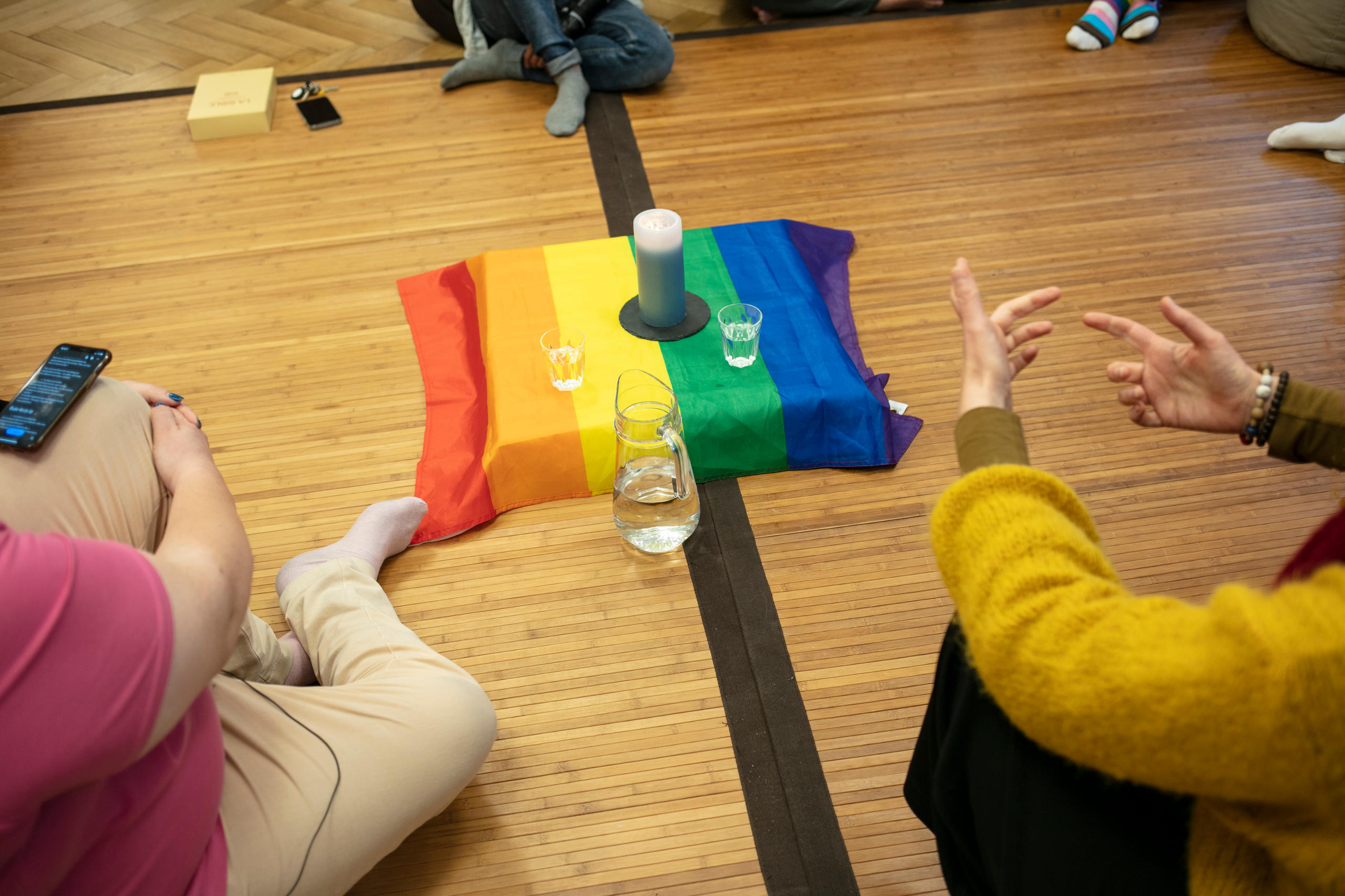
Unlike many countries, Switzerland has refused to ban conversion therapies, often practised by evangelical churches, which claim to “cure” homosexuality. Several victims explain how they have slowly rebuilt their lives.
“I was on my knees in the middle of a circle of people who were shouting to get the demon of homosexuality out of me. Something had to happen for them to stop. The psychological exhaustion eventually led to tears running down my cheeks. For them, it was a sign that I was cured.” Mario, 29, speaks now self-assuredly about the numerous conversion therapy sessions he underwent between 2009 and 2014.
Of Lebanese origin, he came to Geneva at the age of 13. He is the only boy among five children and his parents had high expectations of their only son. The family was very religious and attended an Evangelical Free Church in Geneva. “In our culture homosexuality is not accepted,” he explains.
Despite this, when Mario was 16 he decided to tell his parents about his homosexuality. “I told them, ‘I’m gay, but don’t worry, I’ll deal with it’.” He set out to change, and sought help in Geneva’s evangelical community: exorcism sessions, discussion groups, fasting – he was offered a wide range of practices which promised to “cure his homosexuality”.
“I felt a huge sense of guilt, contempt and even hatred for myself.”
Mario
Initially Mario believed in them and even agreed to testify about his journey in church. But despite the prayers, he realised his sexual orientation hadn’t changed. “I felt a huge sense of guilt, contempt and even hatred for myself,” he says. He lost his bearings, didn’t leave the house, and thought about suicide. “I became a zombie,” he says.
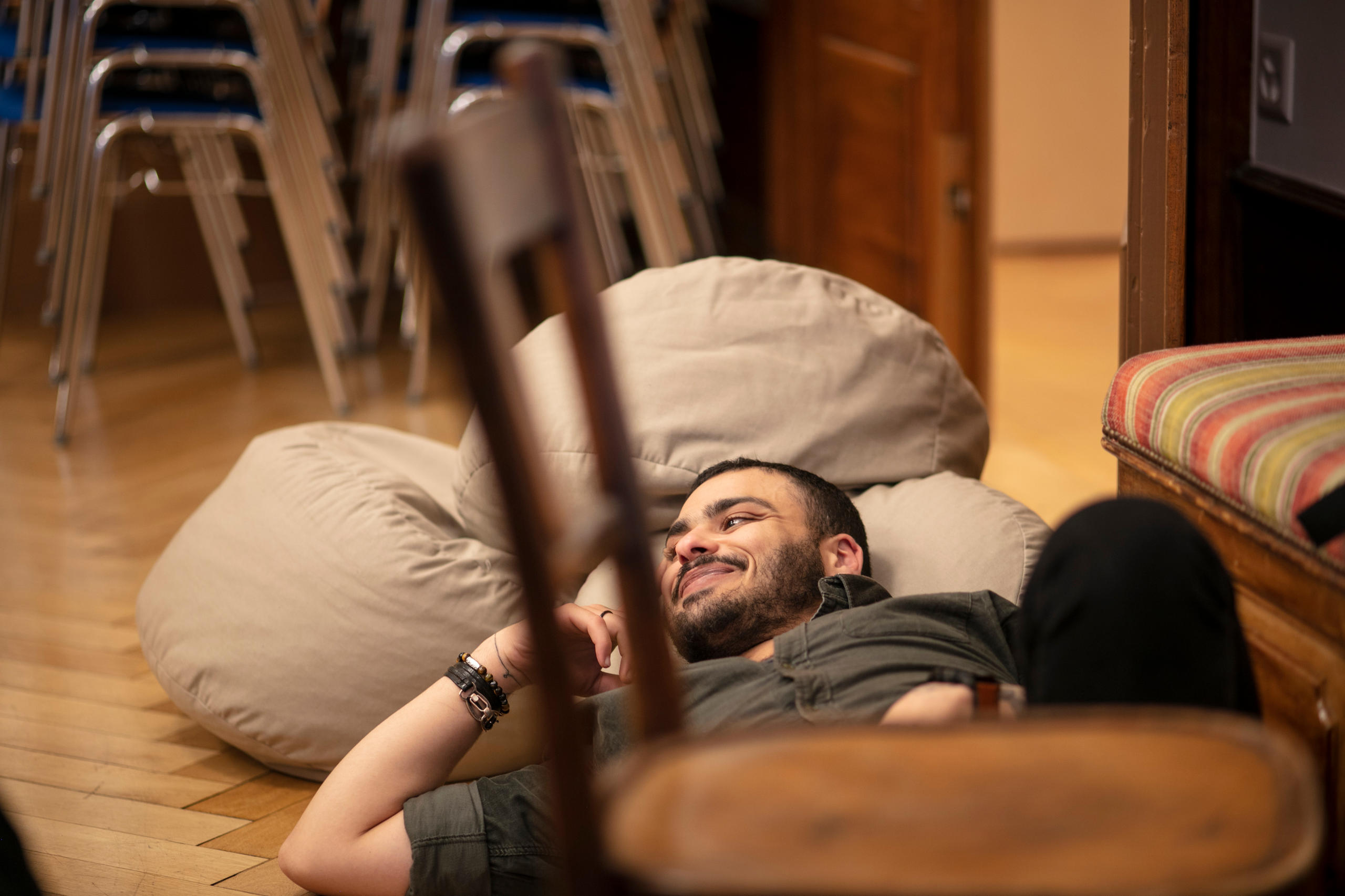
In 2014, worn out, Mario finally decided to leave the evangelical scene. A slow process of reconstruction began. “Today, I accept my emotional orientation, but I lost a lot of time. I have to learn to love myself and to allow myself to live my feelings,” he says.
Swiss reluctance to legislate
Many countries are beginning to ban conversion therapies, which have been widely rejected by science and likened to tortureExternal link by an independent UN expert. Brazil, Argentina and Malta took such a step years ago. More recently, Germany, Canada and France have adopted bans.
In Switzerland religious freedom is a fundamental right guaranteed by the Federal Constitution. The biggest religious group is the Roman Catholic Church (over 34.4% of the population), followed by the Evangelical Reformed Church (22.5%). Both communities are recognised under public law, except in the cantons of Geneva and Neuchâtel. Some 6% of the population belong to other Christian communities, including Free Evangelical movements.
Switzerland, however, is reluctant to follow the international trend. Some cantons have decided to legislate, including Geneva, Vaud and Bern. However, the treatment Mario endured is not yet formally banned at the national level, even though several pending parliamentary initiatives have called for this.
The government has always considered that existing legislation is sufficient to prevent such abuse, since it bans the imposition of such treatment on a minor without their consent.
Indoctrination and community pressure
Mario is far from an isolated case. He has since found support in the “Antenna LGBTI GenevaExternal link”, a platform run by the Protestant Church in Geneva for religious information and exchange for sexual and gender minorities. The organisation provides support for several others who have gone through a form of conversion therapy.
Several thousand people are said to be affected in Switzerland. However, it is impossible to quantify the phenomenon precisely, says Adrian Stiefel, head of Antenna LGBTI Geneva, mainly because some therapy groups hide behind other names. These organisations offer, for example, courses or discussion groups to help people regain a healthy sexuality.
Stiefel himself has had experience of this. “When I was 19, I went to the United States for a week of ‘sexual and identity release therapy’ with a pastor-psychiatrist who mixed prayers, exorcism and analysis.”
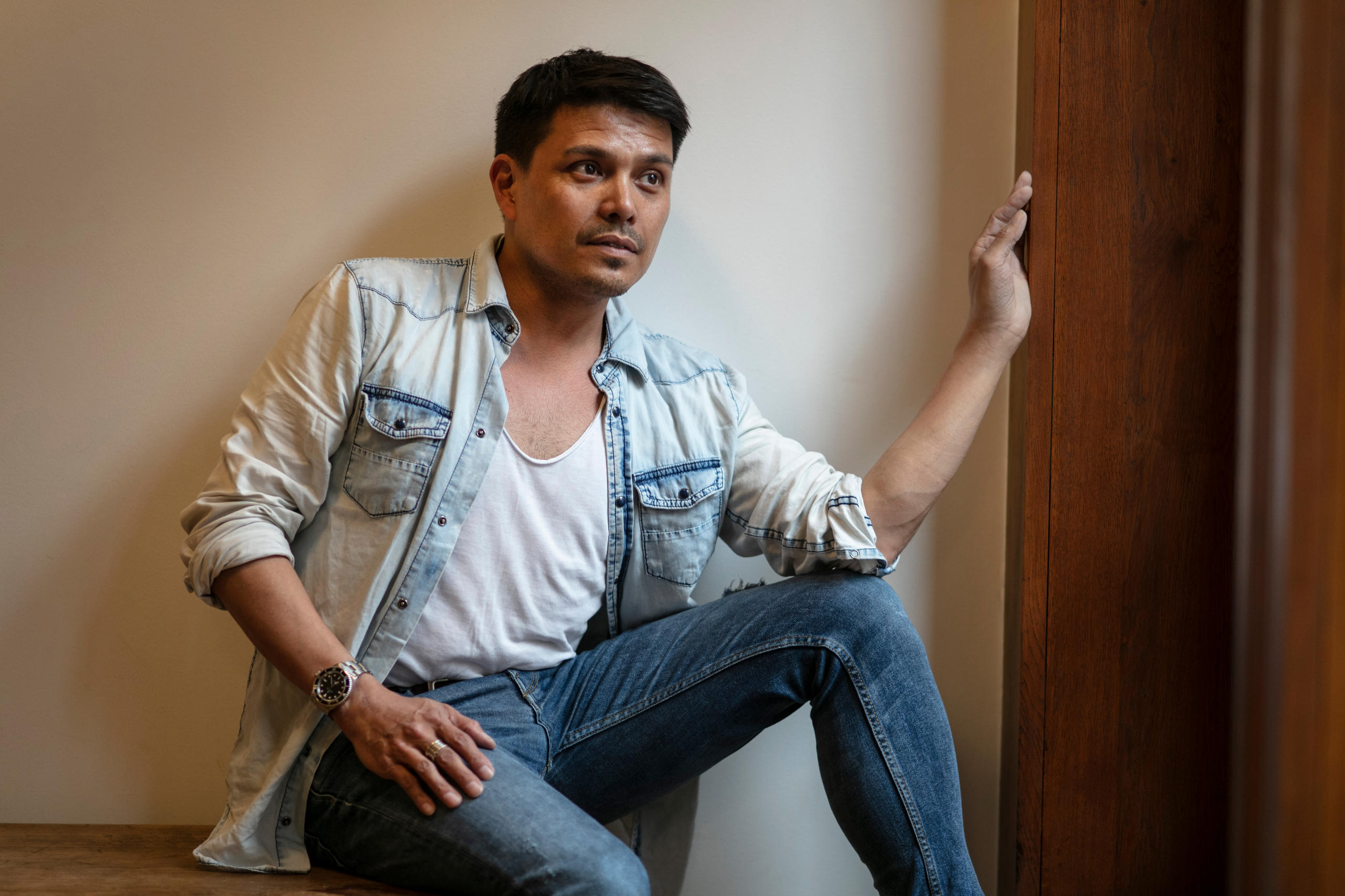
Today, Stiefel helps other victims and campaigns for a ban on all practices aimed at changing sexual orientation or gender identity. But he says legislation won’t solve everything. The problem is that most people undertake these therapies voluntarily, because they have been taught that being gay is wrong. “You have to take into account indoctrination and community pressure,” he says.
This is why he is also fighting for more support for those affected and more awareness among the religious communities themselves. “We need to talk to the institutions that offer these therapies so that they abandon the practices, because a ban won’t prevent a pastor from praying with a young person in his office for him to become heterosexual,” he says.
‘Sexual ruptures’
The story of Isaac de Oliveira, 25, shows just how insidious these practices can be. De Oliveira grew up in the conservative Swiss canton of Valais, where he attended an Evangelical Free Church. At 15, he fell in love with a boy and confided in a Christian camp counsellor. “She told me it was wrong and that God had not planned this for me,” he says.
He ended his first relationship and decided to fight his homosexuality, which he considered a sin. The pastor of his parish offered conversations in his office. “He didn’t promise me a cure, but he analysed the situation straight away. He felt that my homosexuality was due to a lack of a father. We prayed together,” he recalls. There was no exorcism or therapy as such, but these meetings caused the young man considerable distress and fuelled his desire to become heterosexual.
“I was convinced that I was going to change, that I was going to marry a woman, but none of that was happening.”
Isaac de Oliveira
At 18, on the advice of his pastor, he joined the seminars of the evangelical association Torrents de Vie (torrents of life), based in canton Vaud. The organisation offers support to people who have experienced what it calls “sexual ruptures”. For the association this means gay people, but also those who have experienced abuse or who are addicted to pornography.
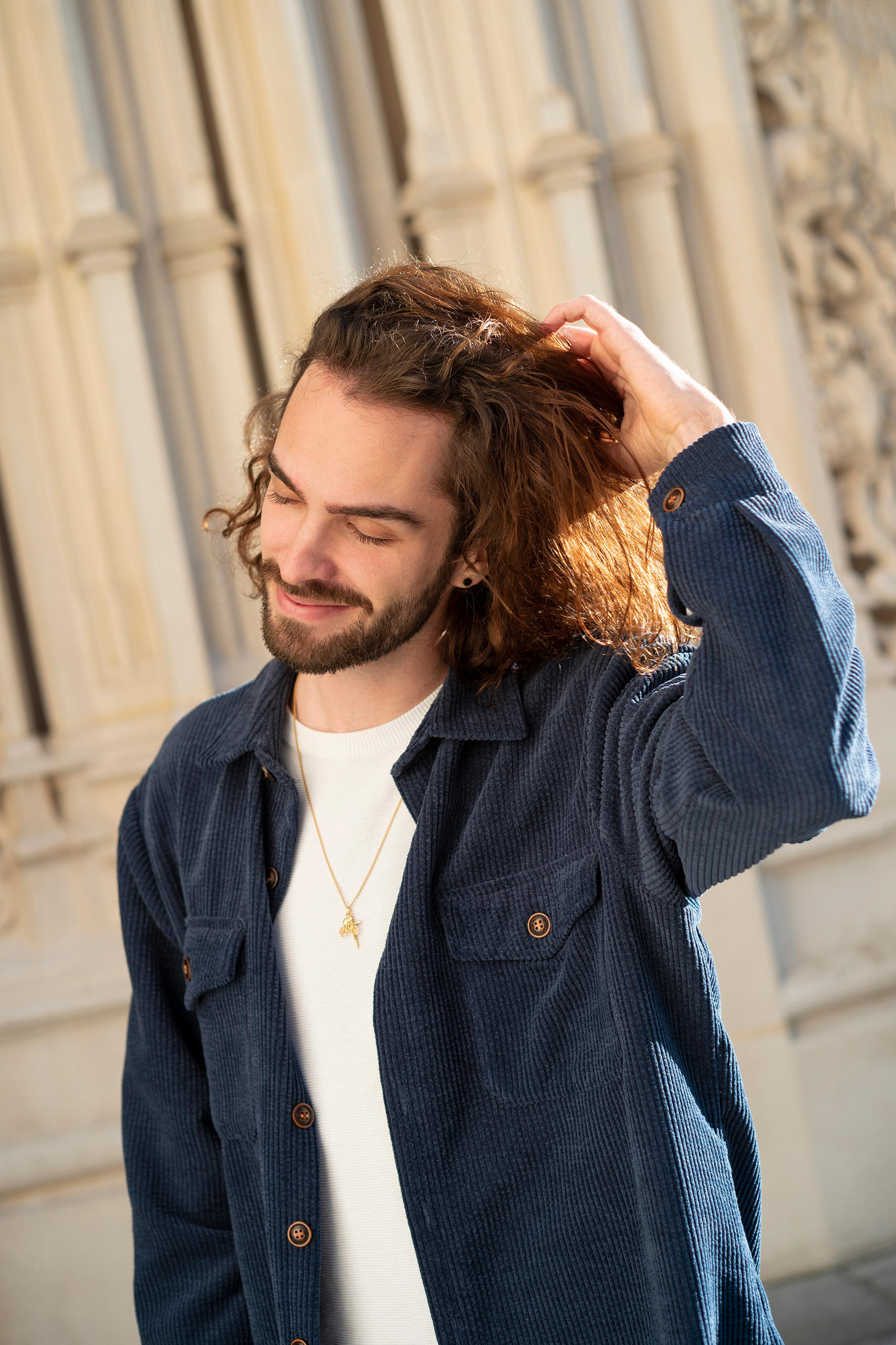
“We shared our experiences and hoped to change,” De Oliveira says. His quest also took him to Nashville in the United States, where he attended an evangelical school. There, he too found himself in a circle of people praying to God for healing.
“I was convinced that I was going to change, that I was going to marry a woman, but none of that was happening and I was going through moments of doubt, when I wanted to meet men,” he says. After a long process, he decided to come out. His family supported him. Today, he says he has no regrets, but doesn’t deny the psychological consequences of these measures. “I still have to fight my fears,” he says.
Tip of the iceberg
Patrick*, 39, who wants to remain anonymous, has himself worked as a youth pastor in an evangelical church and knows the doctrine well. Without having undergone any real conversion therapy, he long repressed his homosexuality. “In evangelical circles, it’s a voice of temptation that needs to be silenced,” he explains.
A father of two, he was married to a woman for 12 years. In his role as a pastor, he always avoided addressing the issue of sexual orientation.
“In evangelical circles, homosexuality is a voice of temptation that needs to be silenced.”
Patrick*
When he divorced in 2017, he began a process of self-examination, before gradually coming out to those around him. Since then, his relationship with the church has become more complicated. “There is a form of social sanction. For example, I stopped receiving invitations from other families in the community,” he says. After posting in favour of marriage for all on social media, he also resigned from his responsibilities within the church.
In his view, a ban on conversion therapy would solve only part of the problem, as it is only the tip of the iceberg. He believes that the real problem lies in the discourse of evangelical churches. “There’s no room for diversity. The only possible model is the heterosexual couple; even divorce isn’t well-accepted,” he explains.
For Patrick, the solution must be to question the evangelical churches themselves. “Perhaps this will happen at the instigation of young people.”
For the time being, the institutions concerned don’t see any problem. The Swiss Evangelical Network is opposed to a ban on conversion therapies. In a recent statement it said legislation risks “being counterproductive, by limiting the right to sexual self-determination” but also “restricting freedom of religion”.
The network also considers that “measures which do not pose a problem, such as education courses or discussion groups, should not be banned, as long as people participate voluntarily and without pressure, in order to reflect on their sexual identity from a Christian perspective”.
*name changed
Translated by DeepL/ts
‘Therapies’ which have evolved throughout history
Practices to change sexual orientation have been around for a long time, having appeared at the beginning of the 20th century, says Thierry Delessert, a historian at the University of Lausanne. So-called conversion therapies have taken various forms, and have been marked by varying degrees of atrocity. “Attempts have been made to graft a testicle from a heterosexual man onto a homosexual man, hormone treatments have been administered, and people have been given electric shocks,” Delessert says.
The modern version of these practices developed in evangelical circles in the United States in the 1950s and 1960s. “They mix religious elements, a dark description of homosexuality and are based on an idea conveyed by psychoanalysis, claiming that homosexuals are stuck in an earlier stage of development.” This kind of “therapy” manages to insinuate self-disgust or a disgust reflex regarding the sexual act, he says.

In compliance with the JTI standards
More: SWI swissinfo.ch certified by the Journalism Trust Initiative
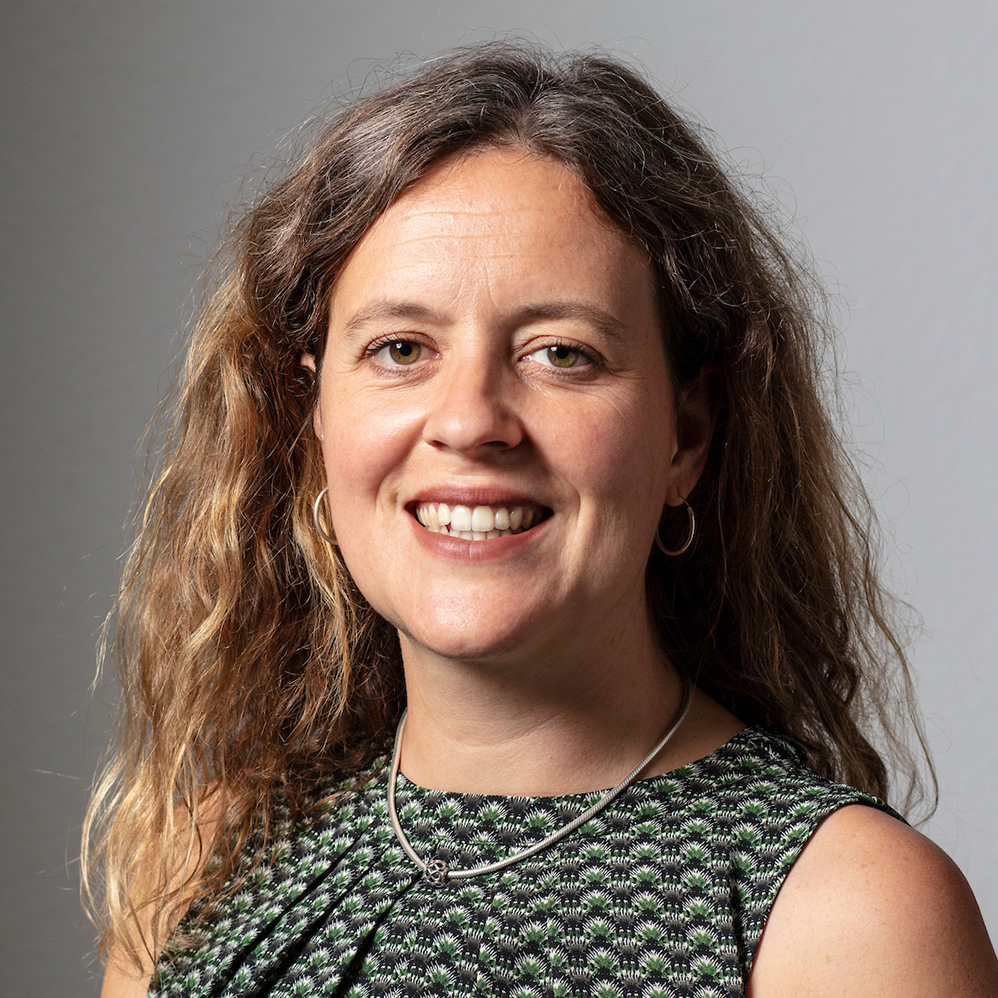
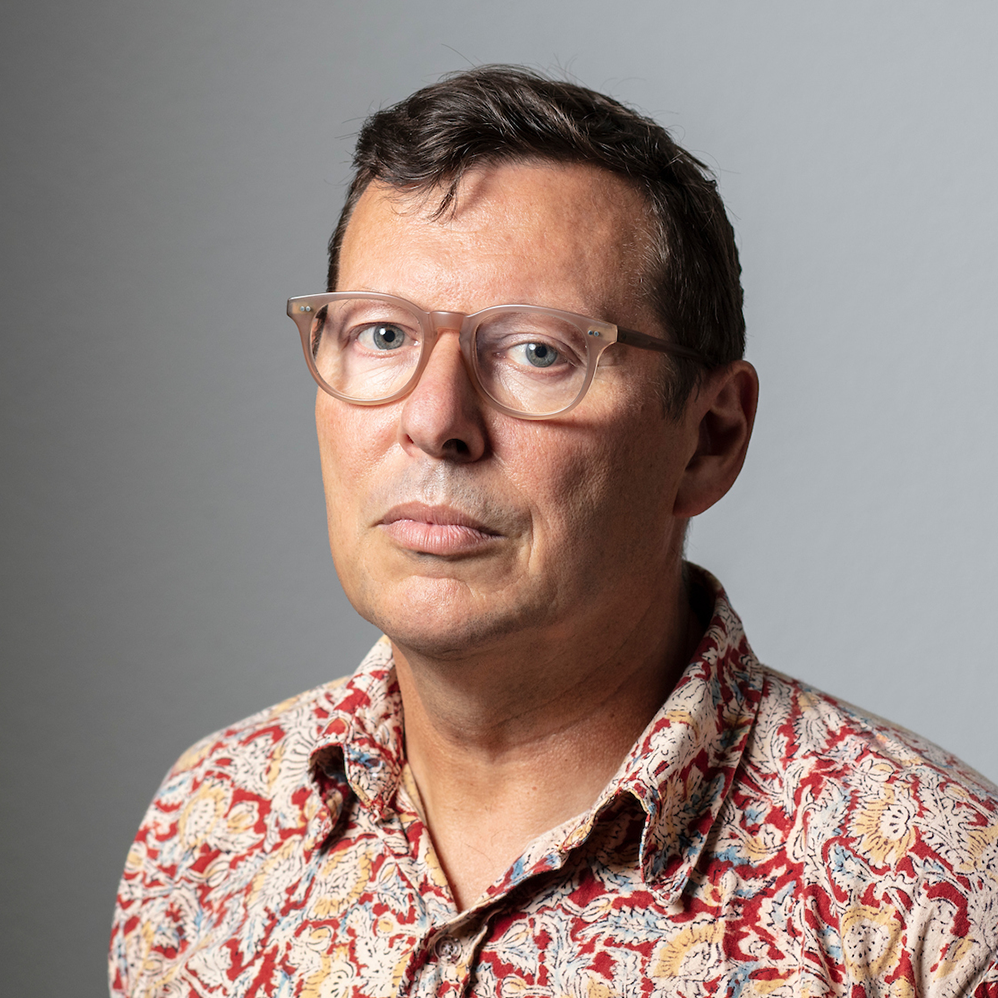
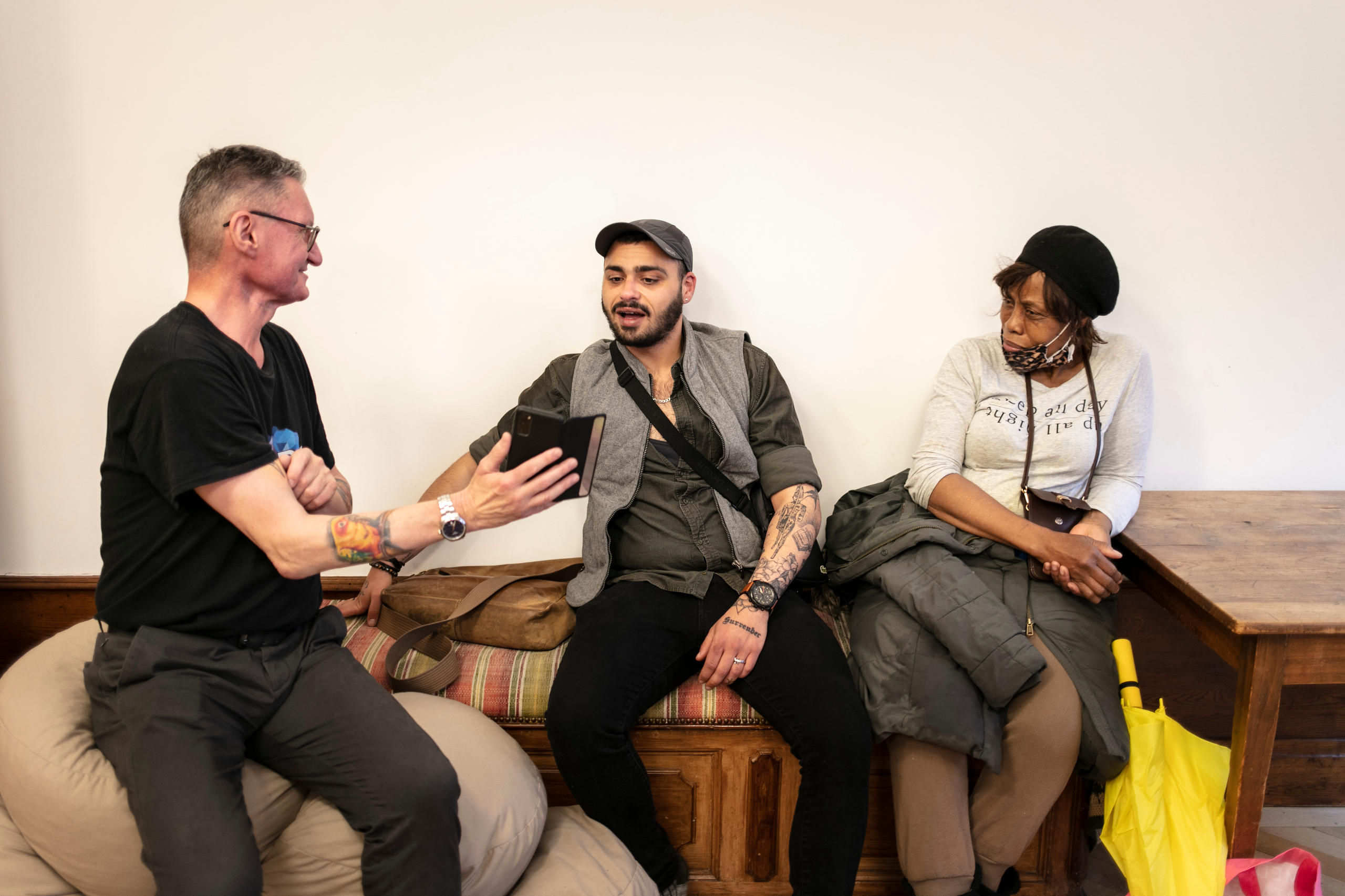
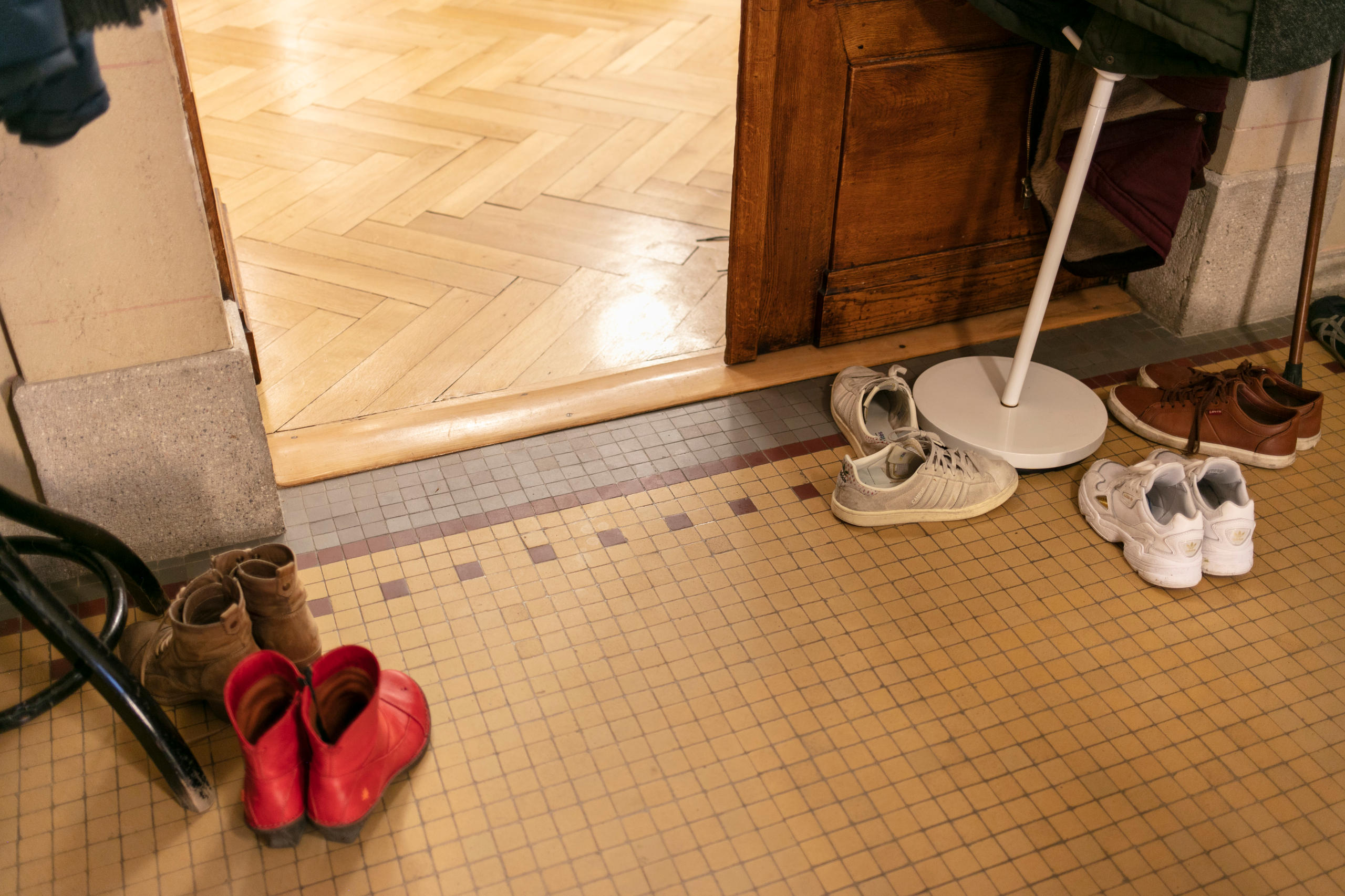
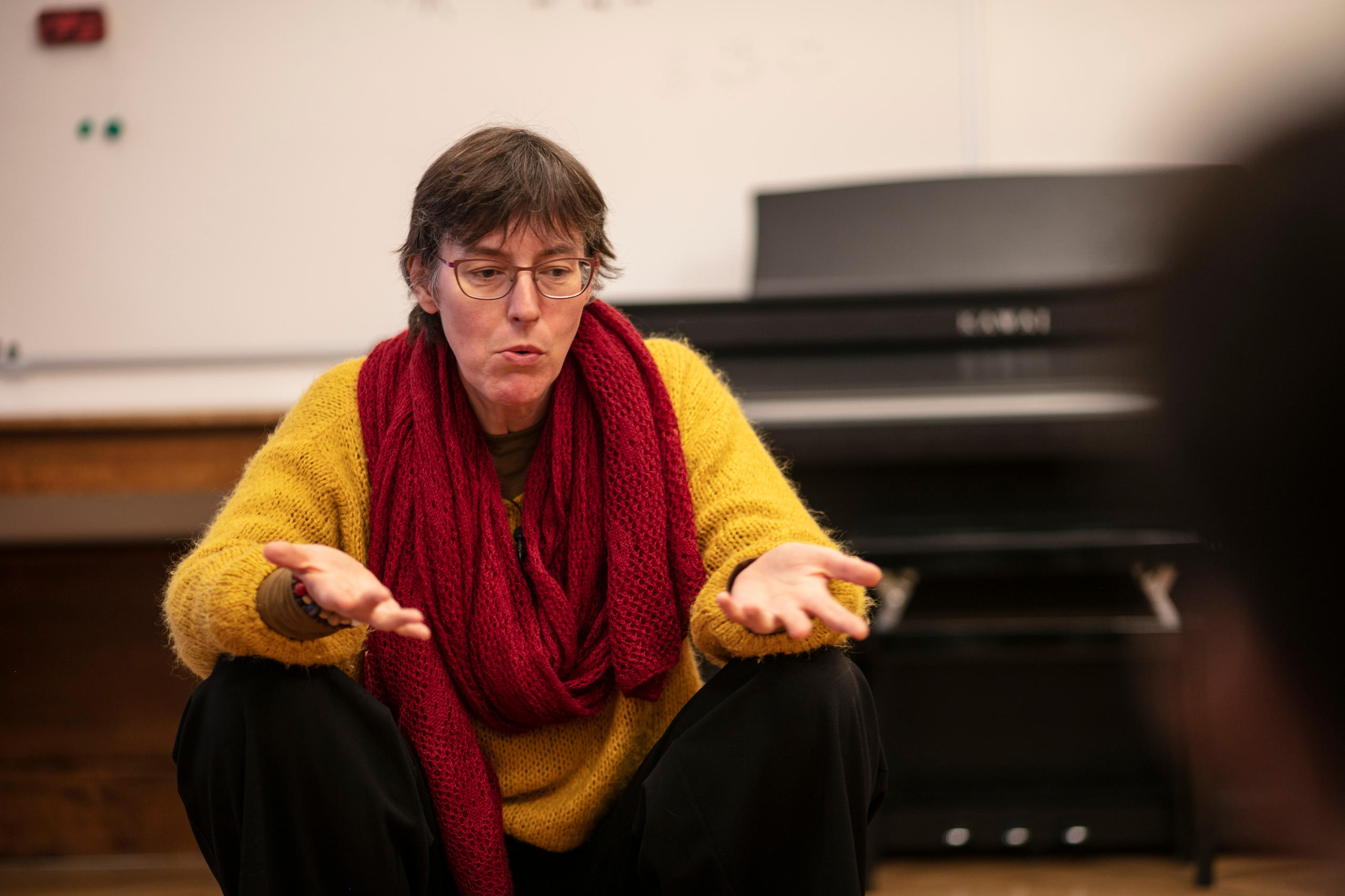
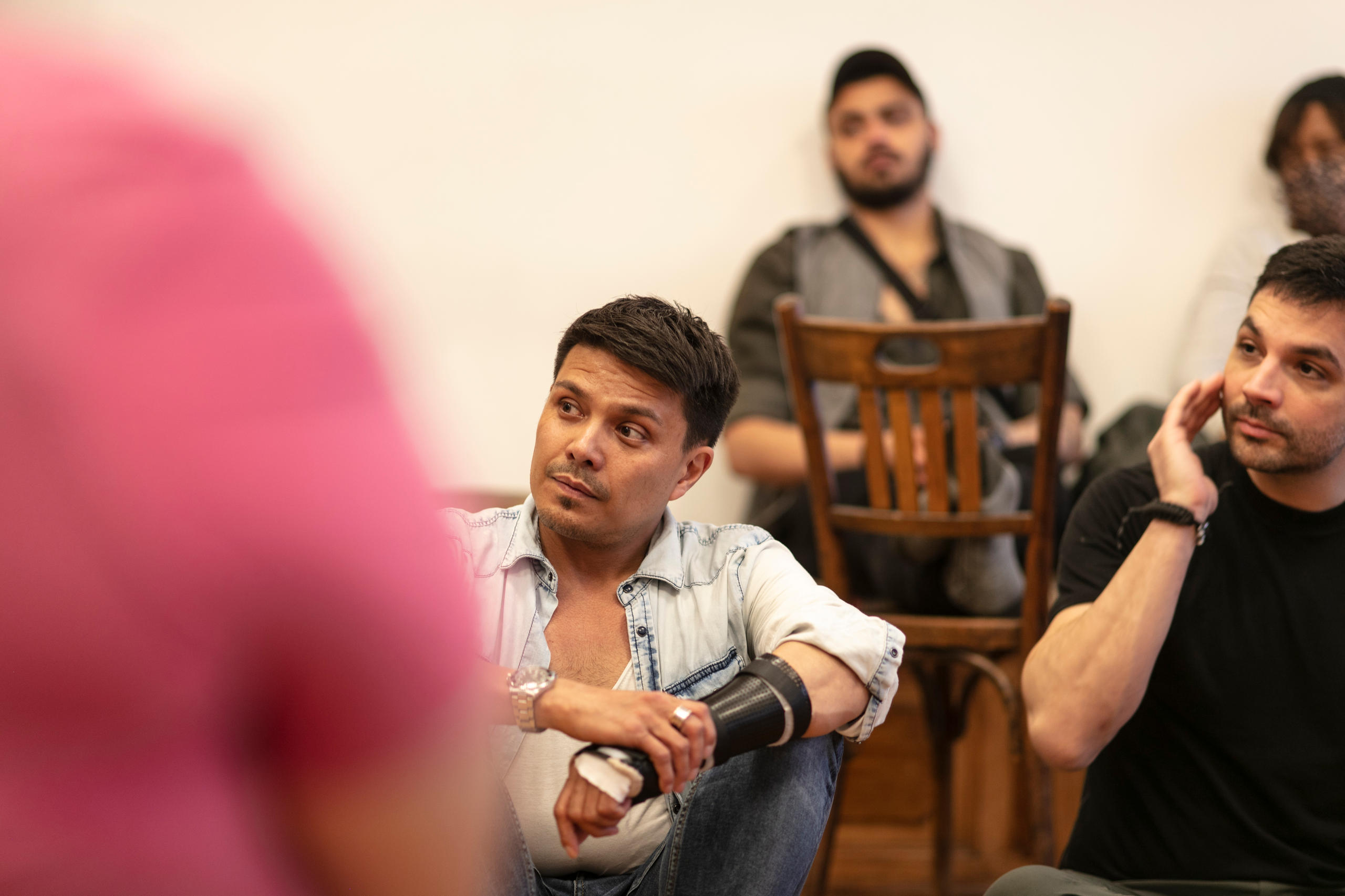
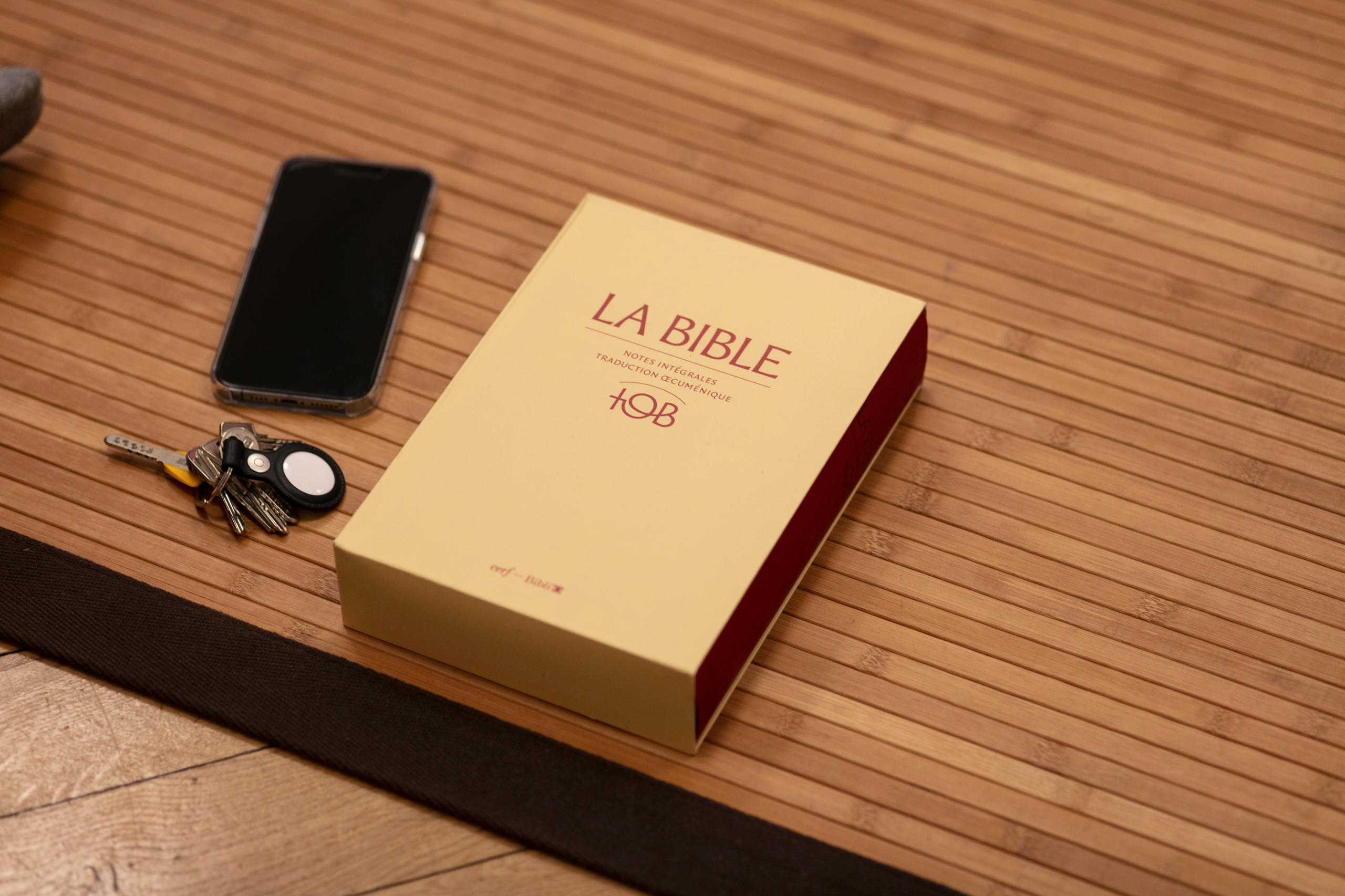
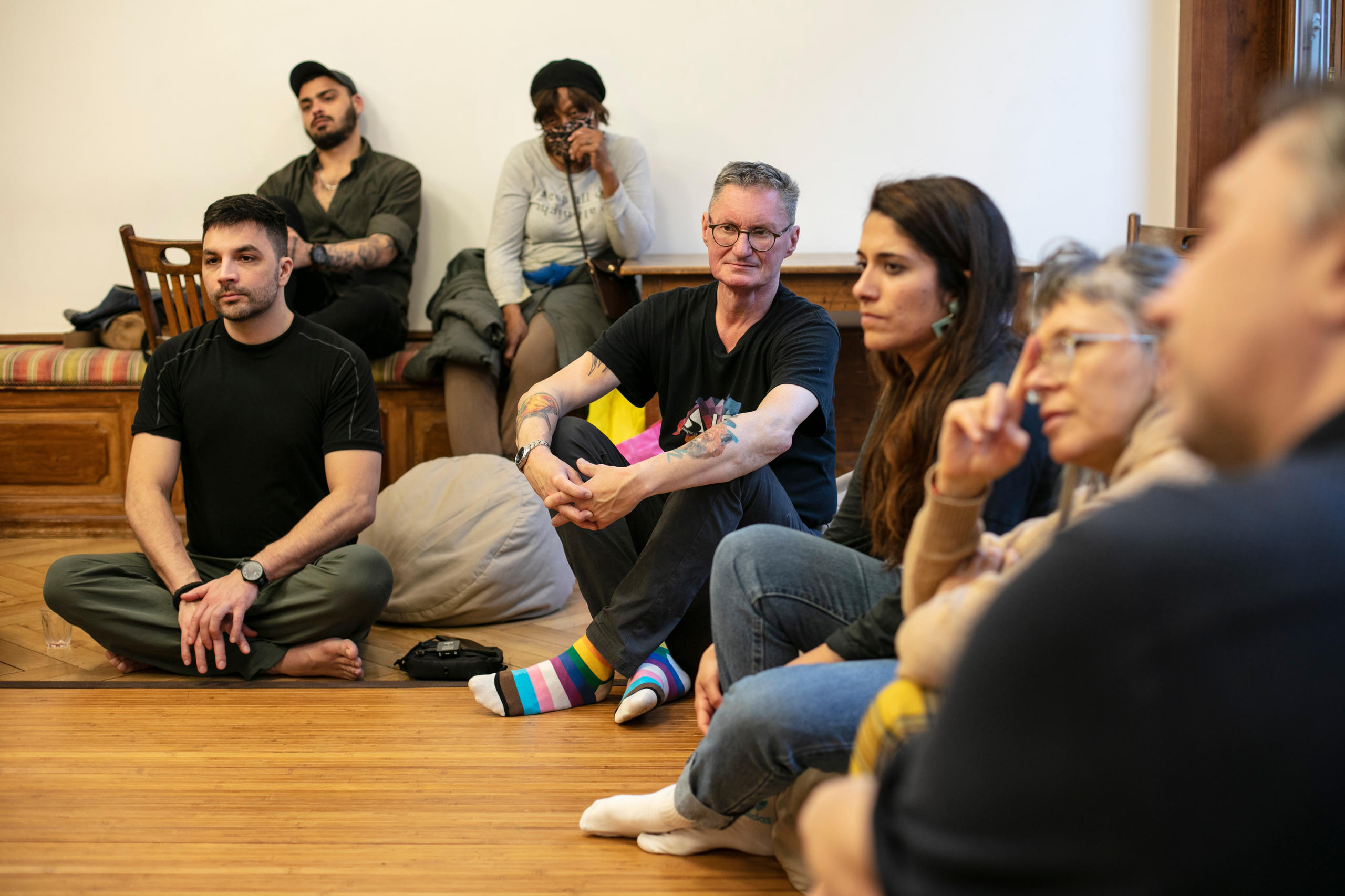
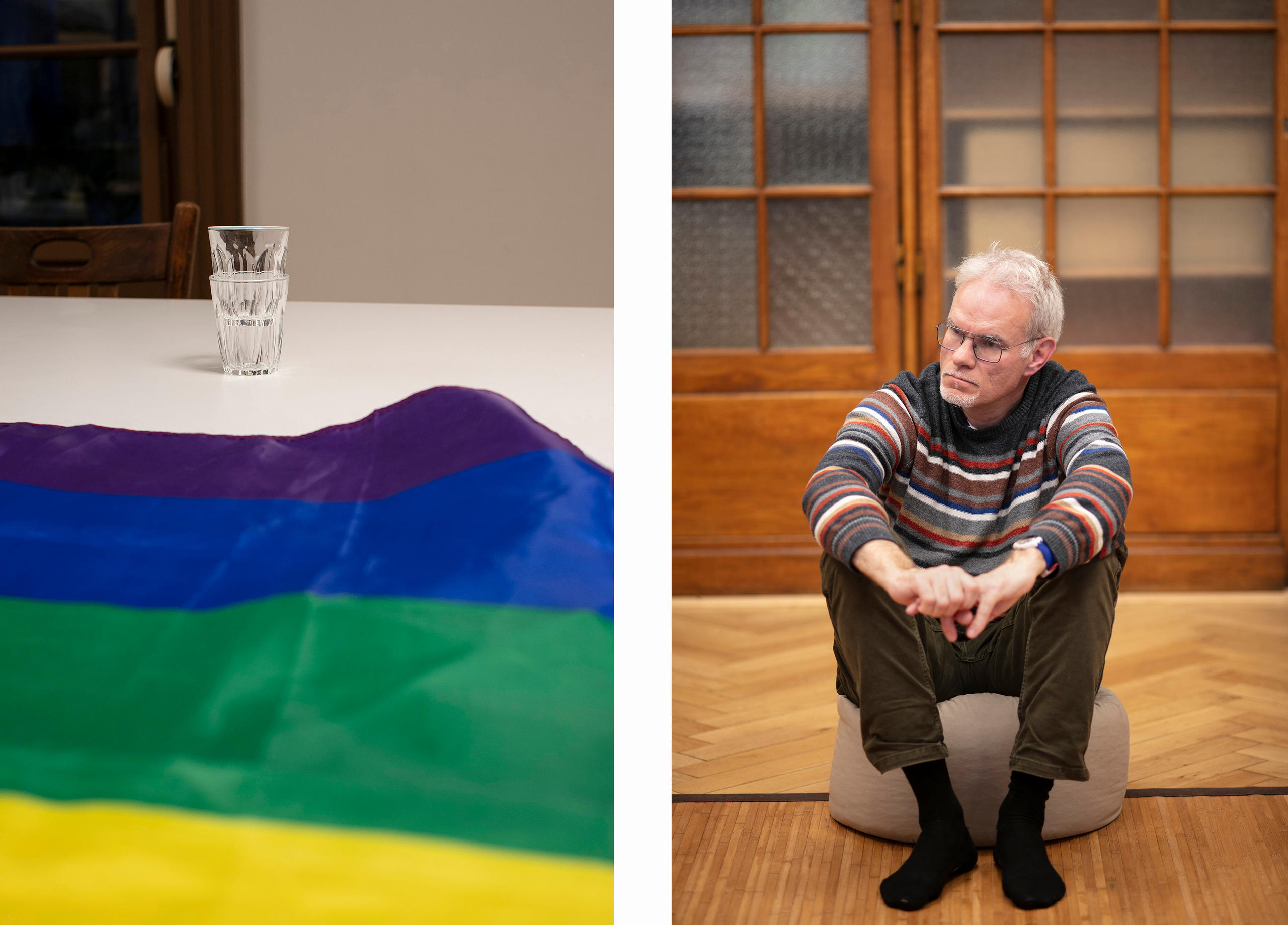
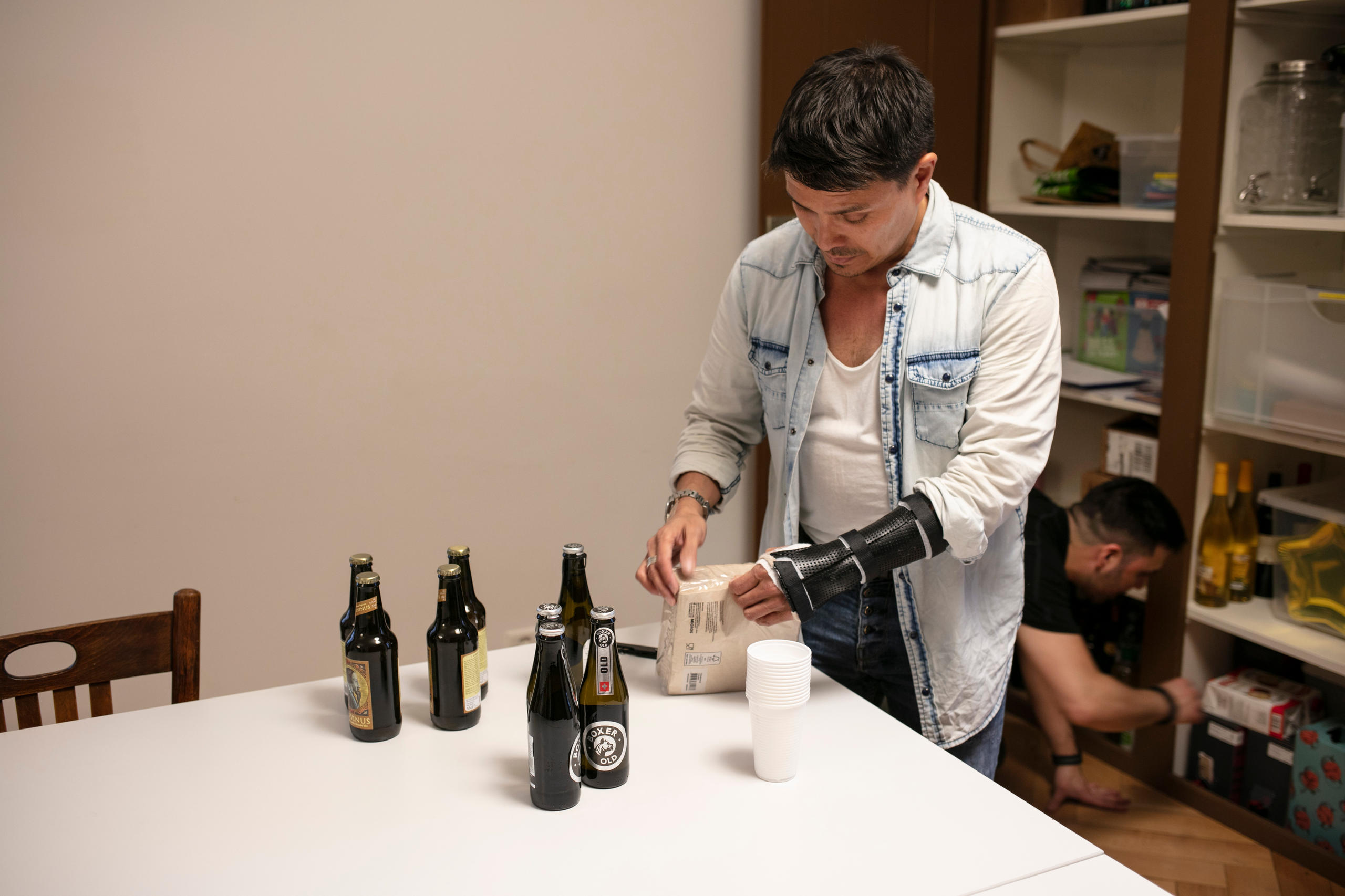
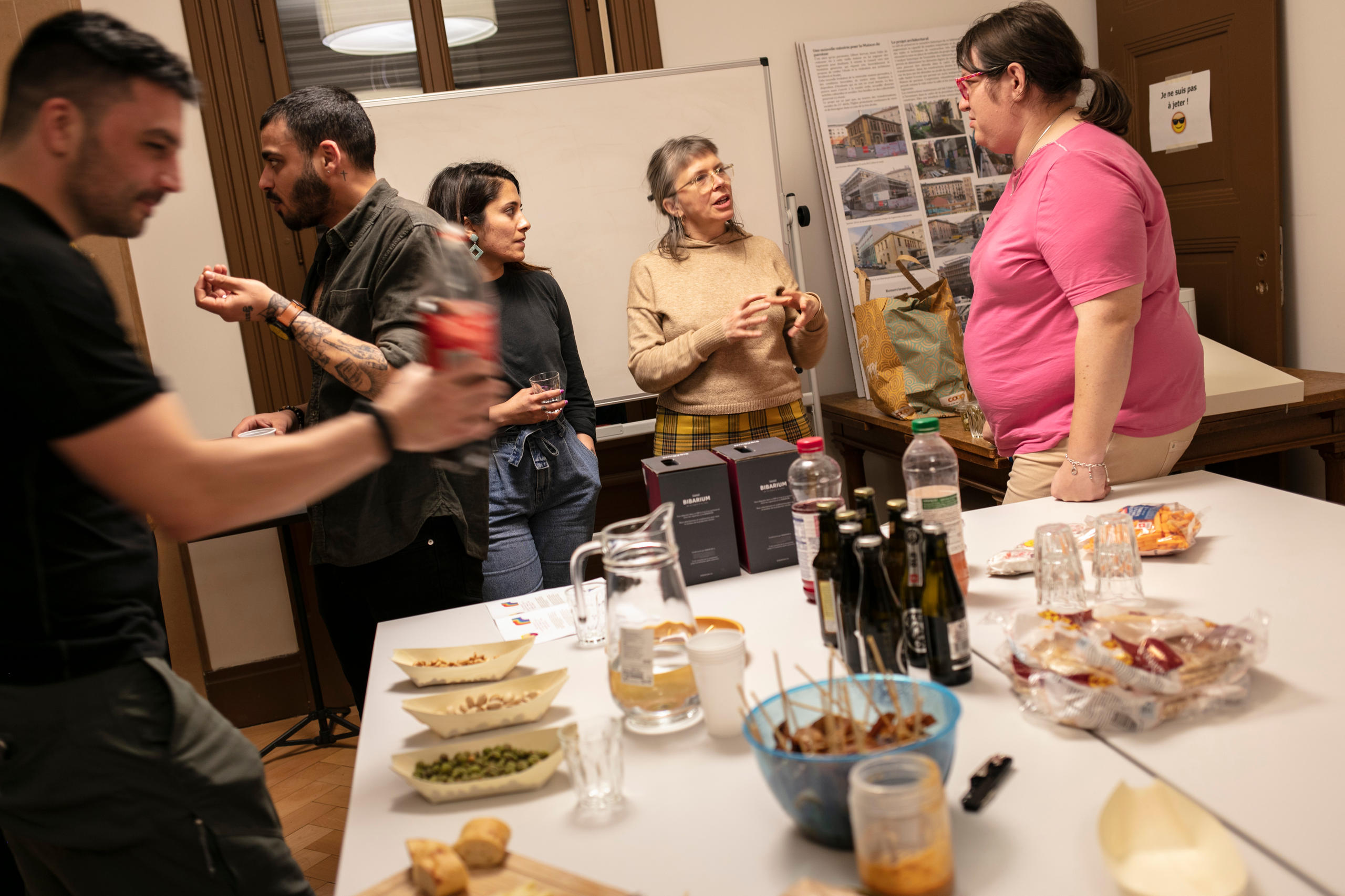
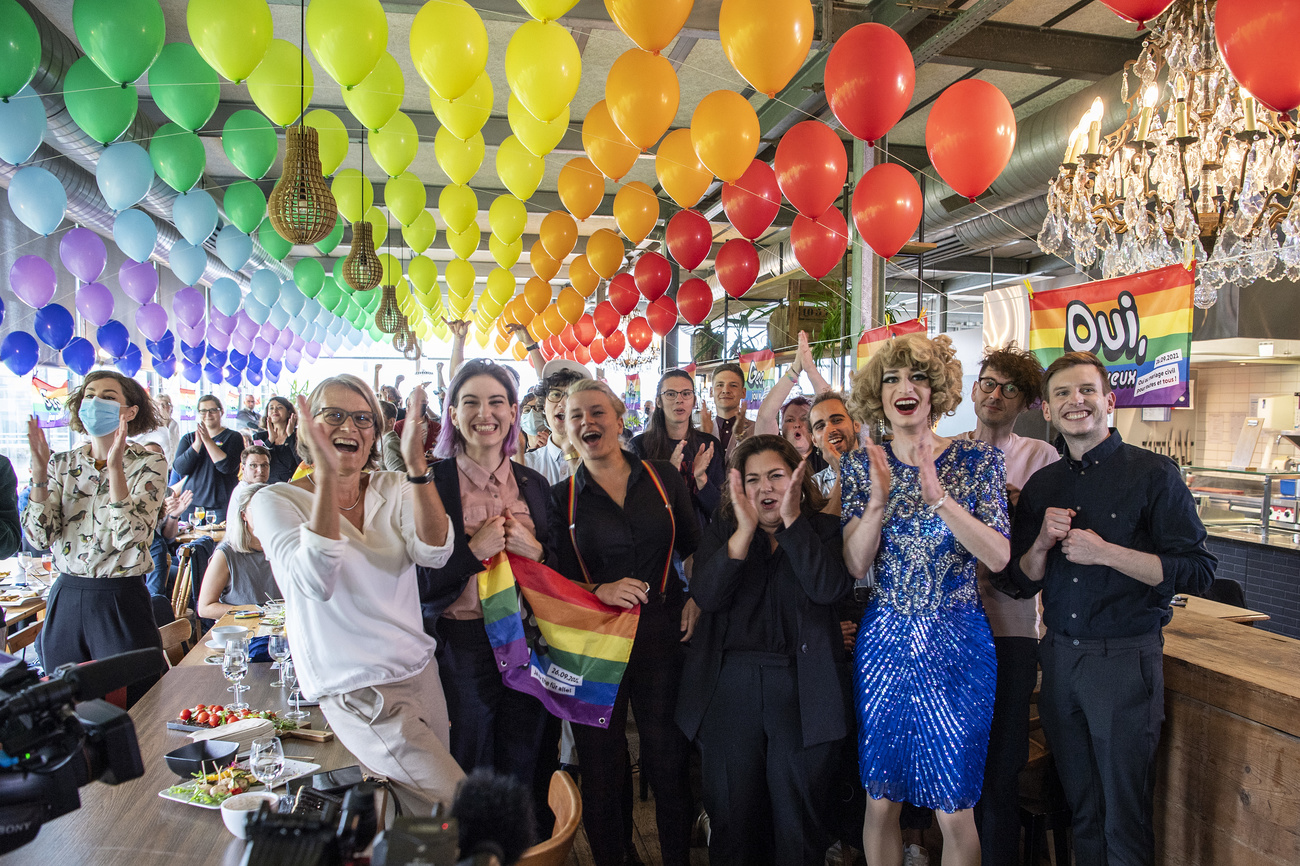
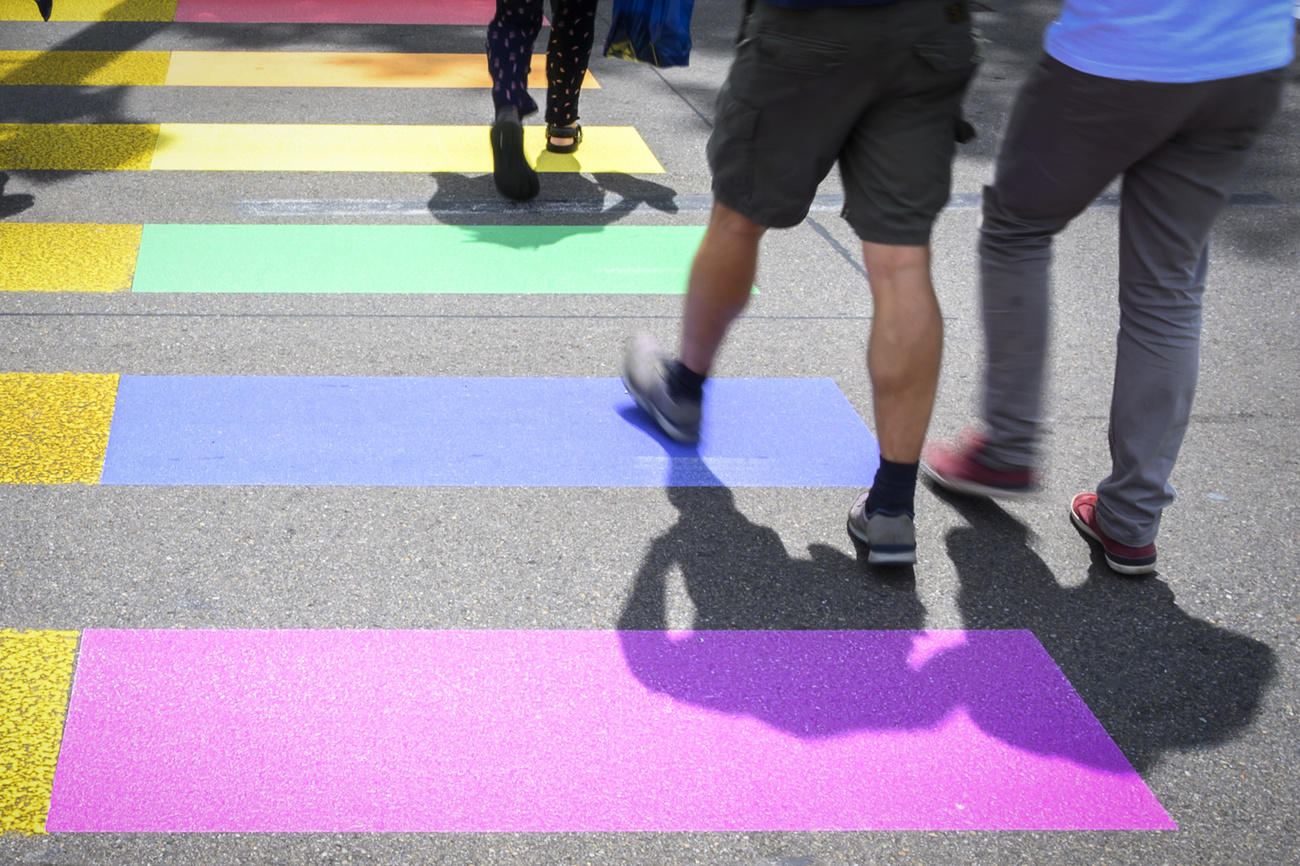
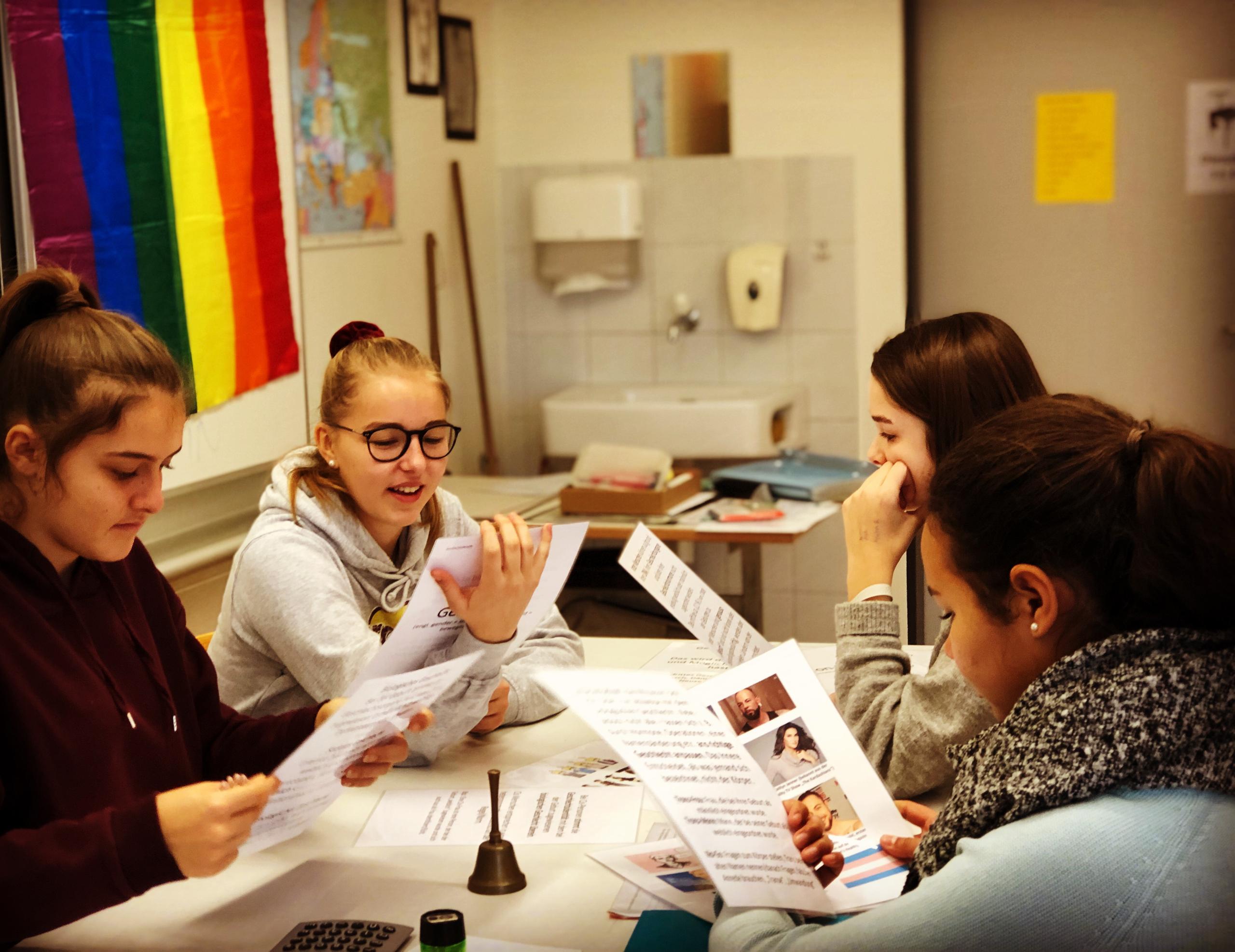

You can find an overview of ongoing debates with our journalists here. Please join us!
If you want to start a conversation about a topic raised in this article or want to report factual errors, email us at english@swissinfo.ch.